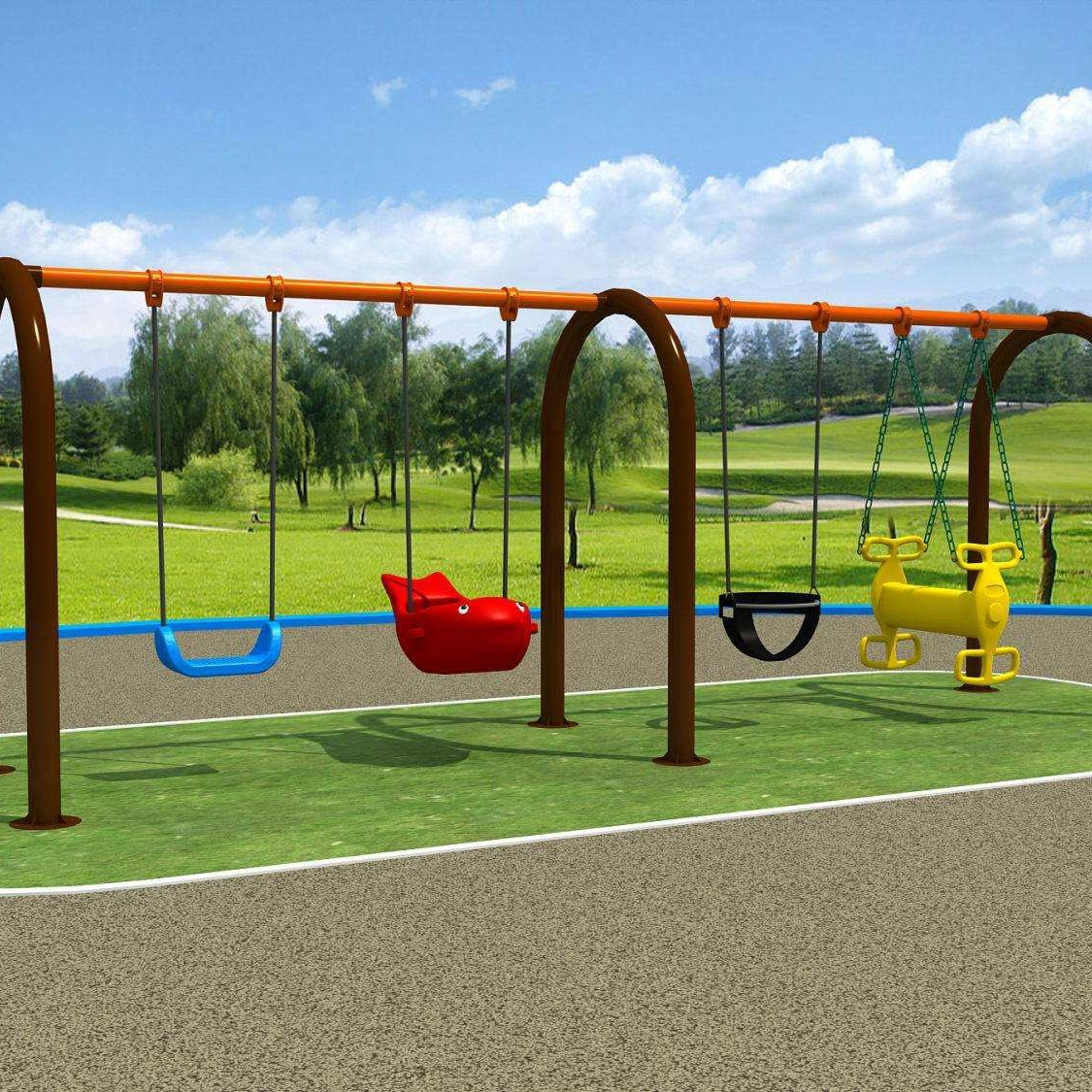
-
 Afrikaans
Afrikaans -
 Albanian
Albanian -
 Amharic
Amharic -
 Arabic
Arabic -
 Armenian
Armenian -
 Azerbaijani
Azerbaijani -
 Basque
Basque -
 Belarusian
Belarusian -
 Bengali
Bengali -
 Bosnian
Bosnian -
 Bulgarian
Bulgarian -
 Catalan
Catalan -
 Cebuano
Cebuano -
 China
China -
 China (Taiwan)
China (Taiwan) -
 Corsican
Corsican -
 Croatian
Croatian -
 Czech
Czech -
 Danish
Danish -
 Dutch
Dutch -
 English
English -
 Esperanto
Esperanto -
 Estonian
Estonian -
 Finnish
Finnish -
 French
French -
 Frisian
Frisian -
 Galician
Galician -
 Georgian
Georgian -
 German
German -
 Greek
Greek -
 Gujarati
Gujarati -
 Haitian Creole
Haitian Creole -
 hausa
hausa -
 hawaiian
hawaiian -
 Hebrew
Hebrew -
 Hindi
Hindi -
 Miao
Miao -
 Hungarian
Hungarian -
 Icelandic
Icelandic -
 igbo
igbo -
 Indonesian
Indonesian -
 irish
irish -
 Italian
Italian -
 Japanese
Japanese -
 Javanese
Javanese -
 Kannada
Kannada -
 kazakh
kazakh -
 Khmer
Khmer -
 Rwandese
Rwandese -
 Korean
Korean -
 Kurdish
Kurdish -
 Kyrgyz
Kyrgyz -
 Lao
Lao -
 Latin
Latin -
 Latvian
Latvian -
 Lithuanian
Lithuanian -
 Luxembourgish
Luxembourgish -
 Macedonian
Macedonian -
 Malgashi
Malgashi -
 Malay
Malay -
 Malayalam
Malayalam -
 Maltese
Maltese -
 Maori
Maori -
 Marathi
Marathi -
 Mongolian
Mongolian -
 Myanmar
Myanmar -
 Nepali
Nepali -
 Norwegian
Norwegian -
 Norwegian
Norwegian -
 Occitan
Occitan -
 Pashto
Pashto -
 Persian
Persian -
 Polish
Polish -
 Portuguese
Portuguese -
 Punjabi
Punjabi -
 Romanian
Romanian -
 Russian
Russian -
 Samoan
Samoan -
 Scottish Gaelic
Scottish Gaelic -
 Serbian
Serbian -
 Sesotho
Sesotho -
 Shona
Shona -
 Sindhi
Sindhi -
 Sinhala
Sinhala -
 Slovak
Slovak -
 Slovenian
Slovenian -
 Somali
Somali -
 Spanish
Spanish -
 Sundanese
Sundanese -
 Swahili
Swahili -
 Swedish
Swedish -
 Tagalog
Tagalog -
 Tajik
Tajik -
 Tamil
Tamil -
 Tatar
Tatar -
 Telugu
Telugu -
 Thai
Thai -
 Turkish
Turkish -
 Turkmen
Turkmen -
 Ukrainian
Ukrainian -
 Urdu
Urdu -
 Uighur
Uighur -
 Uzbek
Uzbek -
 Vietnamese
Vietnamese -
 Welsh
Welsh -
 Bantu
Bantu -
 Yiddish
Yiddish -
 Yoruba
Yoruba -
 Zulu
Zulu
fiberglass vessel
The Advantages of Fiberglass Vessels
Fiberglass vessels have revolutionized the boating industry, offering numerous benefits that make them an increasingly popular choice among recreational and commercial boaters alike. Fiberglass, a composite material made from fine glass fibers and resin, possesses unique properties that translate into superior performance, durability, and aesthetics on the water.
One of the most significant advantages of fiberglass vessels is their durability. Unlike traditional wooden boats, fiberglass is resistant to rot, corrosion, and the damaging effects of UV rays. This resistance ensures that fiberglass boats maintain their integrity over time, which translates into lower maintenance costs and longer lifespans. Owners can spend more time enjoying their vessel rather than worrying about repairs or regular upkeep.
Additionally, fiberglass vessels offer excellent structural integrity. The material can be molded into complex shapes, allowing for innovative designs and a range of vessel types. This versatility extends from small fishing boats to large luxury yachts, providing boaters with options that suit their specific needs and preferences. Furthermore, fiberglass construction allows for the creation of lightweight yet strong hulls, which enhances fuel efficiency and performance on the water.
fiberglass vessel

Another key advantage of fiberglass vessels is their insulation properties. The material provides natural thermal insulation, helping to regulate temperatures within the cabin and reducing the need for excessive heating or cooling. This feature makes fiberglass boats more comfortable, especially on long trips or in extreme weather conditions. Additionally, the smooth surface of fiberglass hulls reduces drag, improving speed and maneuverability.
Aesthetically, fiberglass vessels can be painted and finished in a variety of colors and styles, offering owners the opportunity to personalize their boats to reflect their individual tastes. The glossy finish of fiberglass is not only visually appealing but also helps protect the surface from minor scratches and scuffs, maintaining the boat's appearance over time.
Moreover, the production of fiberglass vessels has become more efficient, with advancements in technology streamlining manufacturing processes. This efficiency translates to cost savings for consumers, making fiberglass boats more accessible to a wider audience while still ensuring high-quality construction.
In conclusion, fiberglass vessels offer an array of advantages that appeal to both casual boat enthusiasts and serious mariners. Their durability, lightweight nature, thermal insulation, aesthetic flexibility, and efficient production processes make them an excellent choice in the boating world. As technology continues to advance, fiberglass boats will likely remain at the forefront of marine design, satisfying the evolving demands of boaters for years to come.









